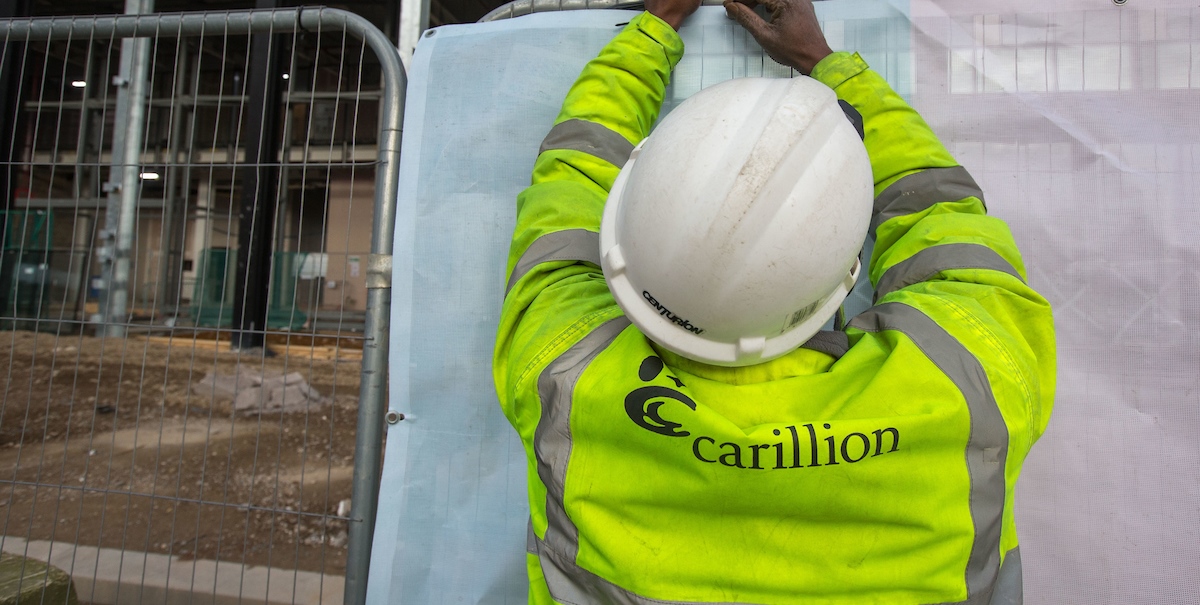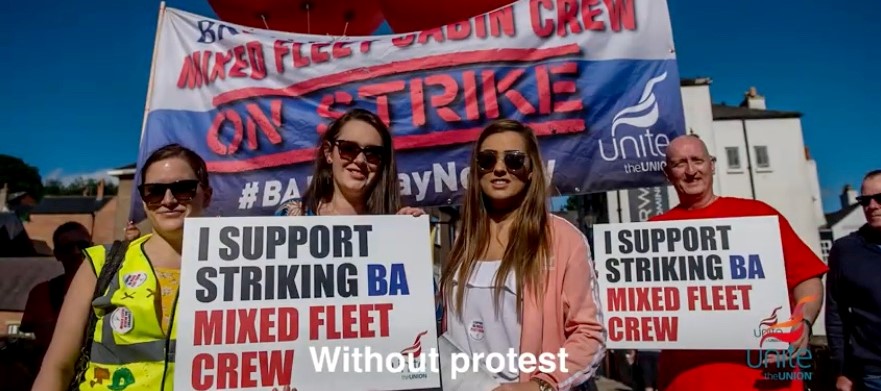Am I really self-employed?
The company I work for have told me I am classed as self-employed and therefore have to pay my own tax and don’t get any holidays. I’ve read quite a bit about bogus self-employment recently. How do I know if I’m really self-employed?
Bogus self-employment is on the rise and is, more often than not, a bad thing for workers. To be genuinely self-employed, you should be running your business. We are seeing the self-employed label being used to describe ever more working relationships, which clearly do not fit the mould. Companies often falsely categorise workers as self-employed in order to avoid basic employment protections, like the minimum wage and paid holidays, and to dodge NI responsibilities.
There are a number of factors which are taken into account when determining if a person is genuinely self-employed (rather than a worker or employee), including can you send someone to work in your place; can you work elsewhere; is the company obliged to offer you work; are you obliged to accept work if offered; who controls how you complete work; are you engaged to complete a particular job/project or just to work a certain number of hours; are you required to wear a uniform or adopt the company brand? Contractual documents and who pays tax and national insurance are factors, but are not definitive, and can be looked behind if they don’t reflect the reality.
Bogus self-employment is something we are seeing in numerous sectors and it is a focus of Unite’s Strategic Case Unit, which has been set up to challenge bad employers and precarious employment.
- A version of this article first appeared in the Mirror on February 17.
 Like
Like Follow
Follow


